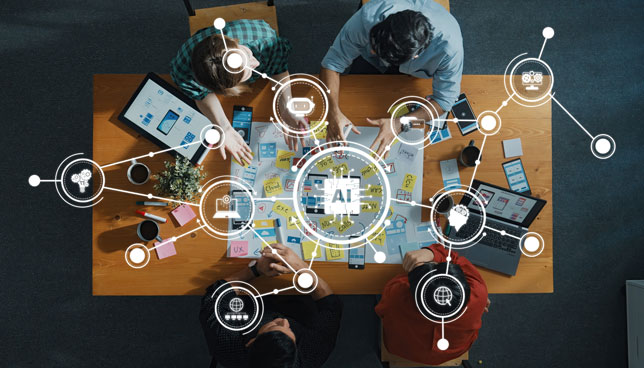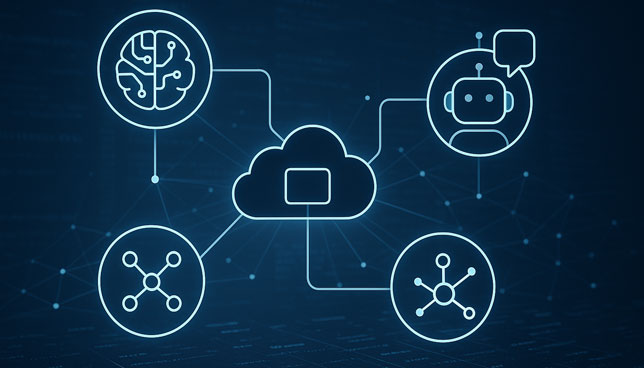
The Linux Foundation has announced the formation of the Agentic AI Foundation, bringing together Microsoft, OpenAI, Anthropic, and other major tech companies to advance open source development of autonomous AI systems.

The 1EdTech Consortium recently announced plans to lead a cross-sector collaboration "to define how AI can responsibly and effectively support teaching and learning."

Artificial intelligence startup Lemony has launched a hardware-based device designed to enable enterprises to run generative AI systems on premises without relying on the cloud.

The Linux Foundation has announced it will host the Agent2Agent (A2A) protocol project, an open standard originally developed by Google to support secure communication and interoperability among AI agents.

Western Governors University is the first organization to join the Open edX project as a "mission-aligned organization" (MAO), a new category of institution-level partnership supporting development of the Open edX open source online learning platform.

Meta AI has announced LeanUniverse, an open source machine learning (ML) library designed to address the growing challenges of managing datasets in large-scale machine learning projects.

In these days of rampant ransomware and other cybersecurity exploits, security is paramount to both proprietary and open source AI approaches — and here the open source movement might be susceptible to some inherent drawbacks, such as use of possibly insecure code from unknown sources.

Open source solution provider Red Hat has introduced Red Hat Enterprise Linux (RHEL) 9.5, the latest version of its flagship Linux platform.

Microsoft researchers have unveiled a new open source multi-agent AI system, Magnetic-One, aimed to help enterprises automate complex tasks typically requiring human intervention.

Stability AI, developer of open source models focused on text-to-image generation, has released Stable Diffusion 3.5, the latest version of its deep learning, text-to-image model.